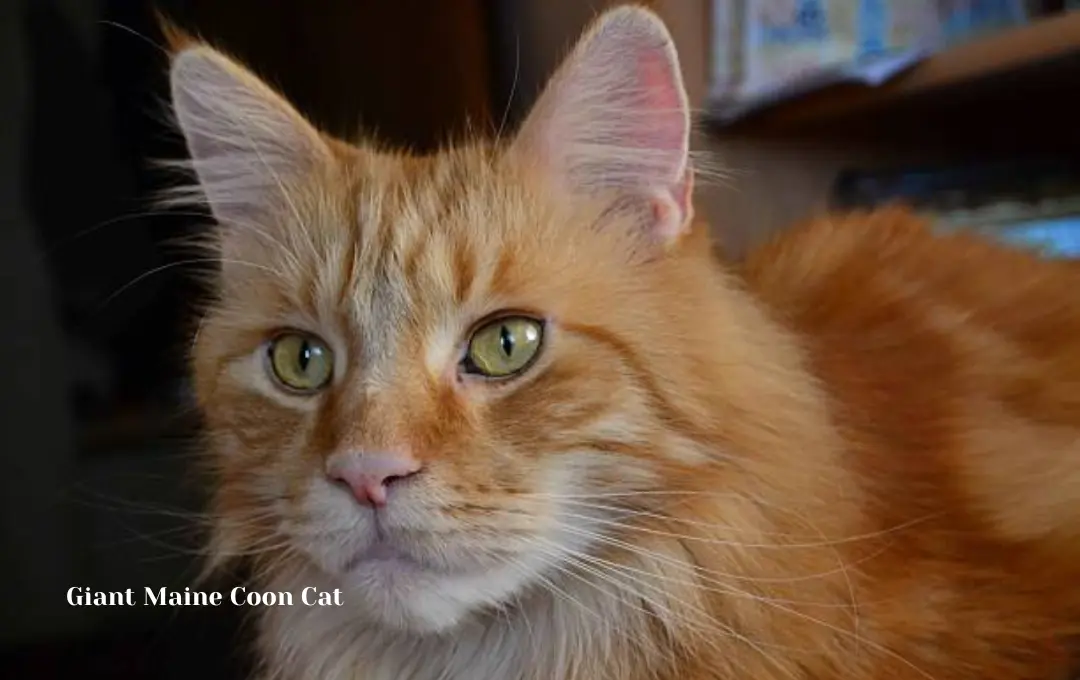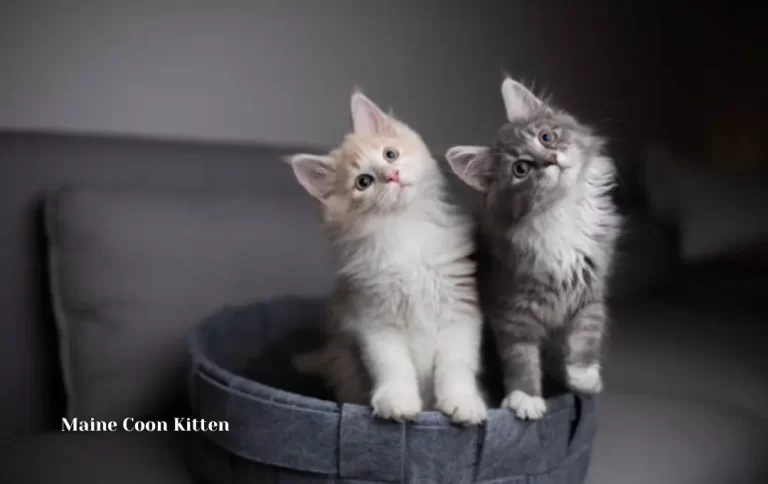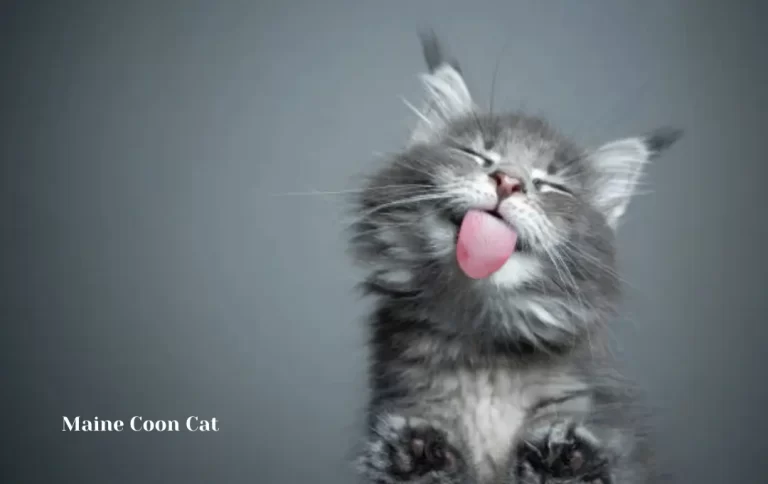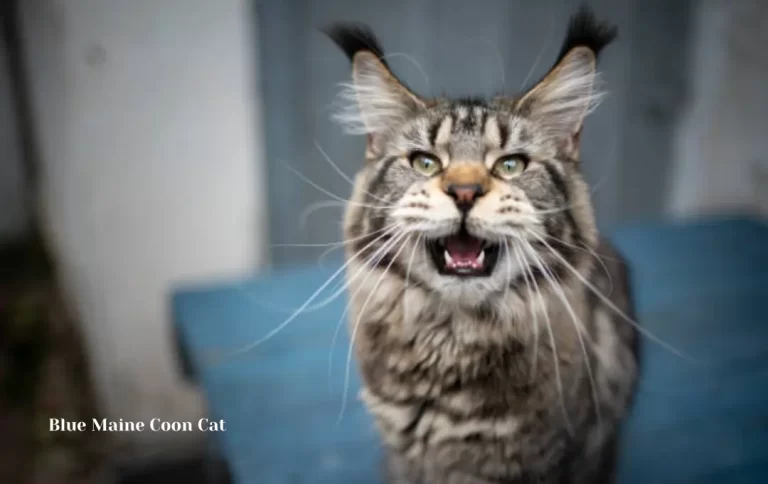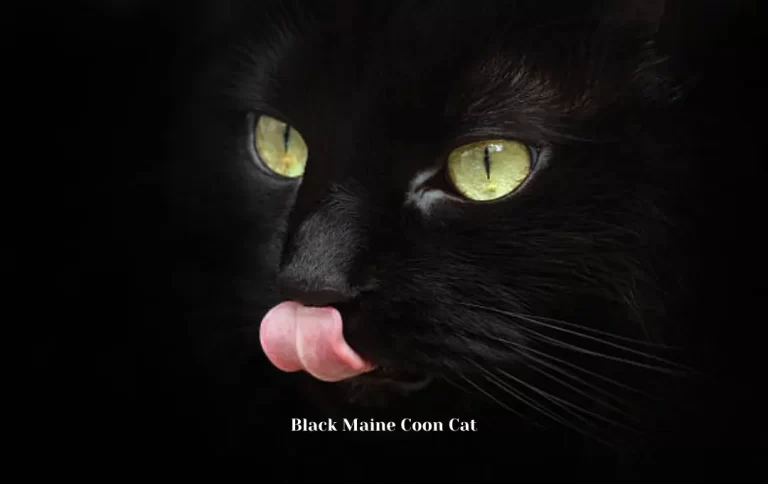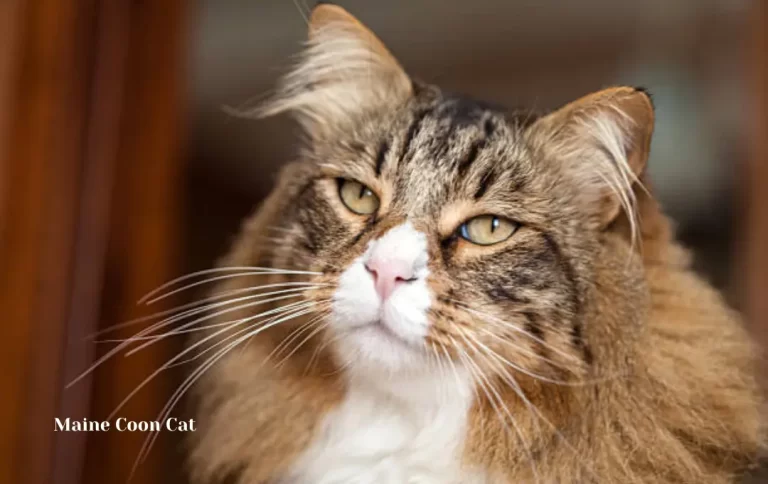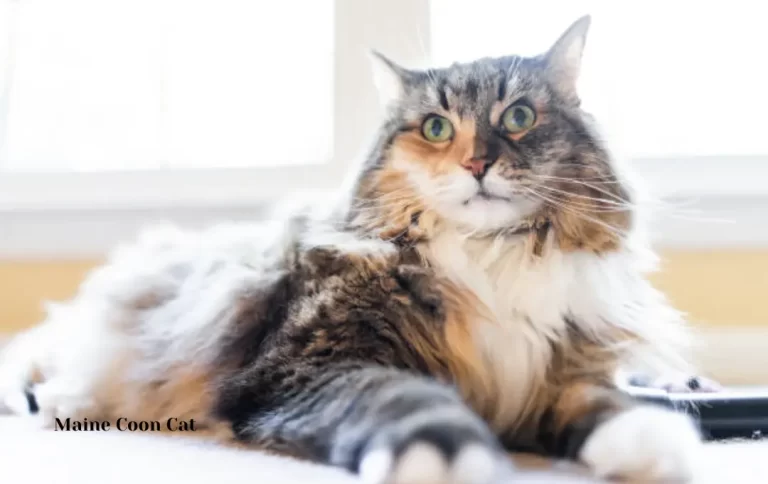Economical Giant Maine Coon Cat Price in 2023
The Maine Coon cat, known for its majestic appearance and gentle nature, has captured the hearts of cat enthusiasts around the world. In recent years, a specific subset of this breed, the “giant” Maine Coon, has gained considerable attention and admiration. These supersized felines, characterized by their impressive size and striking features, are in high demand among cat lovers.
In this article, we will delve into the fascinating world of giant Maine Coon cat price, exploring the various factors that influence their cost and providing guidance on finding the perfect furry companion within your budget.
Factors Influencing Giant Maine Coon Cat Prices
When it comes to determining the price of a giant Maine Coon cat, several factors come into play. These factors can significantly influence how much you’ll need to budget for your new feline companion. Here’s an in-depth look at the key factors that affect the cost of giant Maine Coon cats:
Pedigree and Bloodlines:
Maine Coon cats with strong pedigrees and prestigious bloodlines tend to command higher prices. Cats from award-winning or champion lines often come with a premium due to their genetic quality and potential for show quality.
Breeder Reputation:
The reputation of the breeder plays a crucial role in pricing. Reputable breeders who prioritize the health and well-being of their cats, provide proper care, and adhere to ethical breeding practices tend to charge more for their kittens.
Size and Characteristics:
As the name suggests, giant Maine Coon cats are known for their larger-than-life size. The sheer size of the cat can influence the price, with larger cats often being more expensive. Distinctive features, such as tufted ears and a luxurious coat, can also impact the cost.
Coat Color and Patterns:
The color and pattern of a Maine Coon’s coat can influence its price. Cats with rare or sought-after coat colors, like solid white or uncommon patterns such as tortoiseshell or silver tabby, may come at a higher cost.
Geographic Location:
Prices for giant Maine Coon cats can vary significantly based on where you are located. In areas with high demand and few breeders, prices may be higher. Conversely, regions with a surplus of breeders could offer more competitive prices.
Age of the Cat:
The age of the cat is another pricing consideration. Kittens are often more expensive than adult cats. If you’re open to adopting an older Maine Coon, you may find a more budget-friendly option.
Health and Vaccinations:
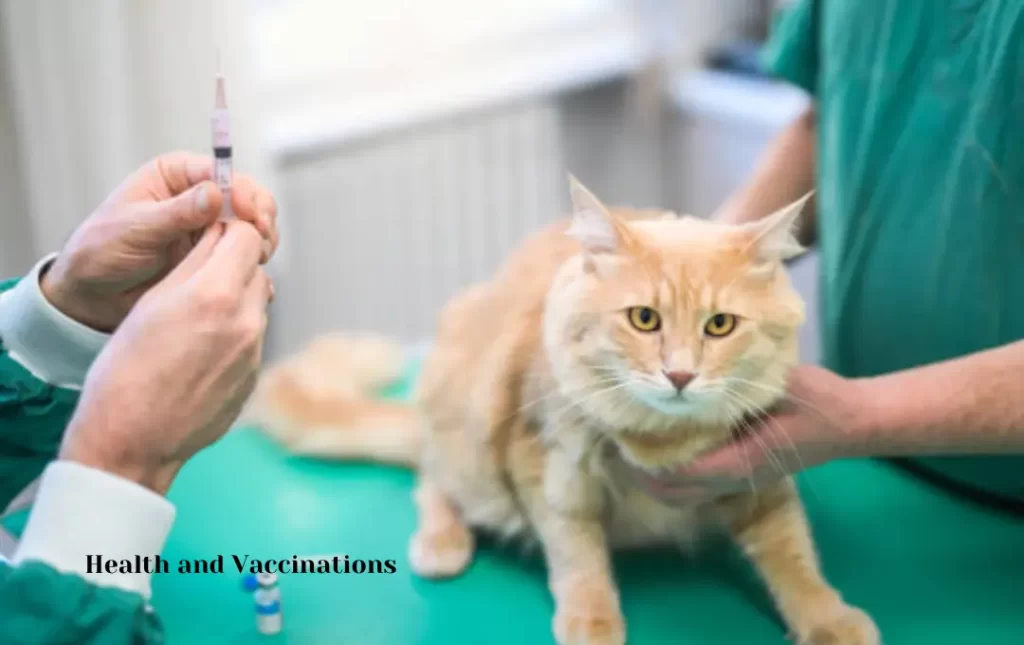
A cat’s health status and vaccination records can also influence the price. Well-cared-for cats with up-to-date vaccinations and a clean bill of health may come with a higher price tag.
Spaying/Neutering and Microchipping:
Some breeders include the cost of spaying/neutering and microchipping in the purchase price, while others may charge these as additional fees. Be sure to clarify these details with the breeder.
Inclusions and Guarantees:
The package you receive from the breeder may affect the price. Some breeders include items like starter kits, toys, and informational materials. Additionally, some offer health guarantees that can influence pricing.
Average Prices for Giant Maine Coon Cats
Giant Maine Coon cat prices can vary widely depending on various factors, including those mentioned in the previous section. To give you a rough idea of what to expect, here are average price ranges for giant Maine Coon cats:
Kitten Prices:
On average, you can expect to pay between $800 to $2,500 for a Maine Coon kitten from a reputable breeder. Prices may go higher for kittens with exceptional pedigrees, show potential, or rare coat colors.
Adult Cat Prices:
The price for an adult giant Maine Coon cat can range from $400 to $1,500 or more. The age, size, and overall health of the cat will impact the price.
Adoption vs. Purchase Prices:

How much can I expect to pay for a Maine Coon cat?
Purebred Maine Coon kittens will cost anywhere between $1,000 – $2,000. The high price makes choosing the right breeder essential. It’s highly suggested to meet the breeder before the official purchase to ask any and all questions that may be on your mind.
Adopting a giant Maine Coon cat from a rescue or shelter can be a cost-effective option. Adoption fees typically range from $50 to $200, and this often includes spaying/neutering, vaccinations, and microchipping.
Remember that these are average price ranges, and the actual cost can be higher or lower depending on the specific circumstances. Prices can vary greatly based on location, breeder reputation, and the individual cat’s characteristics. It’s crucial to do your research and budget accordingly to ensure you get a cat that aligns with both your preferences and your financial capabilities. Keep in mind that owning a cat involves ongoing expenses, such as food, veterinary care, grooming, and supplies, so consider these costs as well when planning for your new furry family member.
Where to Find Giant Maine Coon Cats
If you’re looking to bring a giant Maine Coon cat into your home, you have several options for finding one. Here are some of the primary sources for acquiring these majestic felines:
Reputable Breeders:
Reputable breeders are a popular choice for acquiring giant Maine Coon cats. Look for breeders with good reviews, who prioritize the health and well-being of their cats. Check for breeders who are registered with cat breeding organizations and adhere to ethical breeding practices.
Rescue and Adoption Centers:
Consider adopting a giant Maine Coon cat from a rescue or adoption center. Many Maine Coon cats end up in shelters, waiting for loving homes. Adoption is a compassionate choice and can often be more affordable than purchasing from a breeder. Look for Maine Coon-specific rescue organizations or visit your local animal shelters.
Online Marketplaces:
Online marketplaces, such as websites dedicated to cat adoption or classified ads, can be a place to find Maine Coon cats. However, exercise caution when using online platforms. Ensure that you’re dealing with a reputable seller, ask for health records, and be prepared to visit in person to meet the cat before making a decision.
Cat Shows and Events:
Attend cat shows and events in your area, especially those focused on Maine Coon cats. You might meet breeders, enthusiasts, and rescue organizations that can help you find the perfect giant Maine Coon cat.
Recommendations and Referrals:
Seek recommendations from fellow cat enthusiasts, veterinarians, or online forums. Personal referrals can lead you to reputable breeders and sources for Maine Coon cats.
Social Media Groups and Forums:
Join Maine Coon cat-related social media groups and forums. These communities often share information about available cats, reputable breeders, and adoption opportunities.
When considering any source, it’s essential to conduct thorough research and due diligence. Ask questions about the cat’s health, history, and living conditions. Request references and check for reviews and testimonials. Be prepared to visit the cat in person to ensure it is a good fit for your family and lifestyle.
Budgeting for a Giant Maine Coon Cat
Bringing a giant Maine Coon cat into your life is a joyful experience, but it also comes with financial responsibilities. To ensure you can provide the best care for your new feline companion, it’s crucial to budget for the costs associated with their care. Here’s a breakdown of the expenses you should consider:
Acquisition Costs:
This includes the initial cost of purchasing a giant Maine Coon cat from a breeder or paying an adoption fee at a shelter. Prices can vary widely, as discussed earlier.
Spaying/Neutering and Microchipping:
Depending on where you acquire your cat, these costs may be included in the adoption or purchase fee. If not, you should budget for spaying or neutering, typically around $50 to $200, and microchipping, approximately $25 to $50.
Veterinary Care:
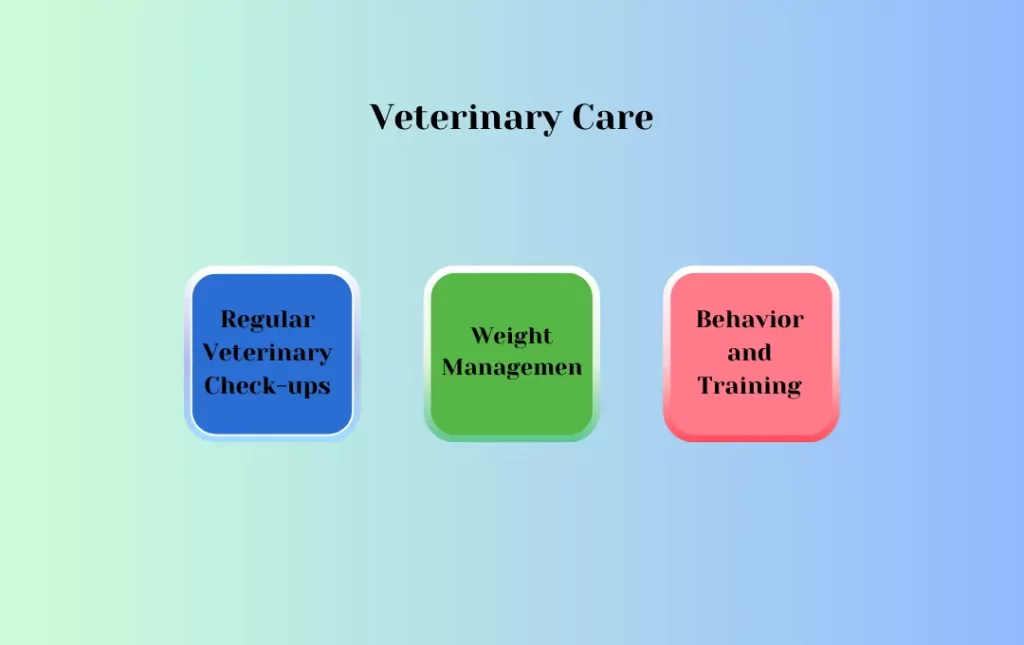
Regular veterinary check-ups are essential for your cat’s health. Budget for annual exams, vaccinations, and preventive treatments. Costs can vary but anticipate spending $100 to $300 or more per year on routine veterinary care.
Food and Supplies:
Food costs can vary depending on the quality and brand you choose. Giant Maine Coon cats have larger appetites, so budget for high-quality cat food and anticipate spending $30 to $50 per month. Additionally, allocate funds for litter, litter boxes, toys, scratching posts, and other essential supplies.
Grooming:
Maine Coon cats have thick, luxurious fur that may require regular grooming. If you can’t handle grooming your cat yourself, factor in occasional professional grooming costs, which can vary widely depending on your location.
Pet Insurance:
Consider getting pet insurance to help cover unexpected medical expenses. The cost of pet insurance can vary based on the provider, your location, and the coverage you choose. On average, it may range from $20 to $50 per month.
Emergency Fund:
Set aside money for unexpected veterinary emergencies or accidents. Having an emergency fund can help you avoid financial stress in critical situations.
Training and Behavior:
Budget for any training or behavior modification services your cat may need. This cost can vary depending on your cat’s individual needs and the trainer’s rates.
Boarding or Pet Sitting:
If you travel frequently, budget for boarding or pet-sitting services. Costs depend on your location and the level of care required.
Ongoing Medications:
If your cat requires regular medications for a chronic condition, factor in these expenses in your budget.
Regular Supplies and Maintenance:
Budget for routine expenses like litter, toys, and replacement items as needed.
Renovations and Cat Furniture:
Maine Coon cats enjoy large, sturdy cat trees, so consider budgeting for this type of cat furniture.
Remember that the actual costs can vary based on your location, the specific needs of your cat, and your preferences. It’s essential to plan for both the expected and unexpected expenses to ensure that your giant Maine Coon cat receives the care and attention it deserves. By budgeting appropriately, you can enjoy a rewarding and fulfilling relationship with your feline companion while providing them with a happy and healthy life.
Tips for Choosing a Giant Maine Coon Cat
Selecting the right giant Maine Coon cat for your family and lifestyle is a crucial decision. These tips will help you make an informed choice:
Consider Your Lifestyle:
Think about your daily routine, living situation, and activity level. Giant Maine Coon cats are sociable and energetic; make sure your lifestyle can accommodate their need for interaction and play.
Age Consideration:
Decide whether you want a kitten or an adult cat. Kittens require more time and patience, while adult cats may already be trained and socialized. Consider which fits your lifestyle best.
Health Check:
Ensure that the cat you choose has a clean bill of health. Ask for health records, including vaccination history and any past medical issues. A reputable breeder or rescue will provide these records.
Temperament:
Spend time with the cat to gauge its temperament. Look for a cat that matches your personality and energy level. A confident, friendly, and well-socialized cat is often the best choice.
Compatibility with Other Pets:
If you have other pets, consider how a new cat will fit into your household. Some Maine Coon cats are more sociable with other animals, while others prefer being the only pet.
Physical Characteristics:
While considering a giant Maine Coon cat, be specific about the size and physical traits you desire. Discuss your preferences with the breeder or rescue organization.
Meet the Parents:
If possible, meet the cat’s parents or at least one of them. This can provide insights into the potential size, appearance, and personality of your cat.
Ask Questions:
Don’t hesitate to ask questions about the cat’s history, habits, and any specific needs or care requirements. A responsible breeder or adoption agency should be transparent and willing to provide this information.
Rescue and Adoption:
Consider adopting from a rescue or shelter. Many loving Maine Coon cats are in need of homes and adopting can be a rewarding experience.
Breeder or Shelter Visit:
Visit the breeder or shelter in person to see the cat’s living conditions and ensure they are clean and safe. Meeting the cat in person allows you to assess its demeanor and health.
Consider a Home Trial:
If adopting from a shelter or rescue, inquire about the possibility of a trial period. This allows you to see how the cat adapts to your home environment before making a permanent commitment.
Budget:
Ensure you have a clear budget for the adoption or purchase, as well as for the ongoing care and maintenance of your cat.
Ethical Considerations:
Choose a breeder or adoption agency that adheres to ethical and humane practices. Avoid supporting kitten mills or irresponsible breeding.
Long-Term Commitment:
Keep in mind that a giant Maine Coon cat can live for 12-15 years or more. Be prepared for the long-term commitment of caring for your cat.
By considering these tips and taking the time to make an informed decision, you can find the perfect giant Maine Coon cat that will be a cherished member of your family for years to come.
Ethical Considerations and Avoiding Scams
When looking to acquire a giant Maine Coon cat, it’s essential to be mindful of ethical considerations and potential scams. Here are some guidelines to help you make a responsible and informed choice while avoiding unscrupulous practices:
Avoid Kitten Mills:
Kitten mills are commercial breeding facilities that prioritize profit over the well-being of the cats. They often subject animals to poor living conditions and neglect. Ensure you choose a breeder who operates ethically and prioritizes the health and happiness of their cats.
Research Breeders and Adoption Centers:
Thoroughly research the breeders, shelters, or adoption centers you’re considering. Check for reviews, testimonials, and references from previous customers. Reputable sources will have a history of happy and satisfied cat owners.
Visit in Person:
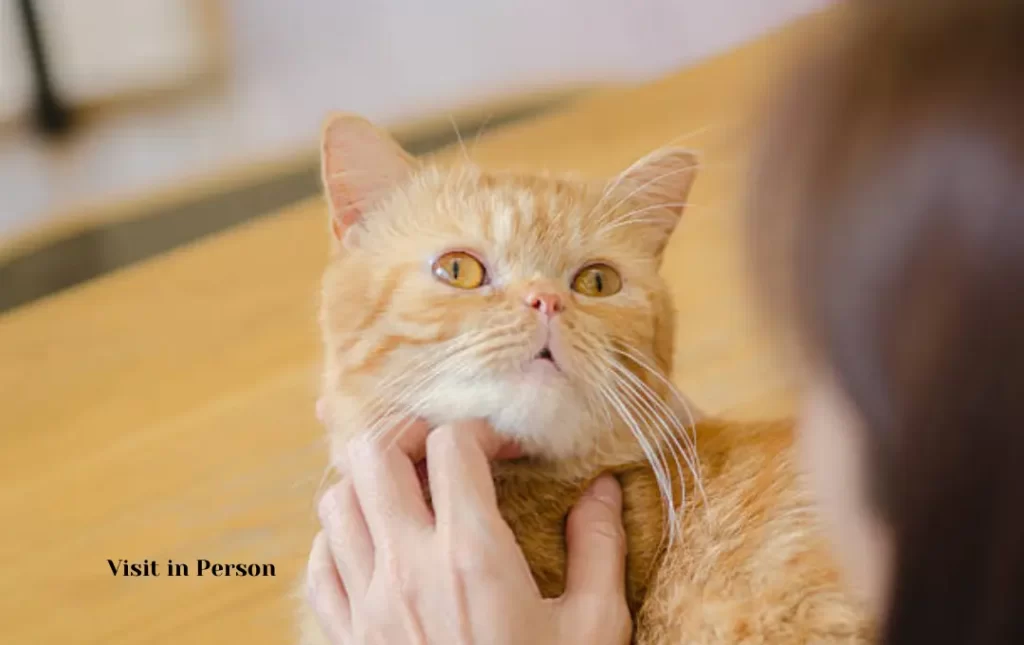
Whenever possible, visit the breeder, rescue, or shelter in person. This allows you to see the conditions in which the cats are raised and interact with them to assess their well-being and socialization.
Ask for Documentation:
Request health records, pedigree information, and any relevant certifications from breeders. Ensure the cat has received proper vaccinations and health checks.
Avoid Unusually Low Prices:
Be cautious of deals that seem too good to be true. Extremely low prices can be a red flag for unethical breeding practices.
Be Wary of Online Transactions:
If purchasing online, proceed with caution. Scammers often operate through online platforms. Insist on meeting the cat in person and seeing its living conditions before making any payments.
Recognize Red Flags:
Be wary of breeders or sellers who are reluctant to answer questions, provide documentation, or allow visits. If they avoid transparency, it may be a sign of unethical practices.
Beware of Overly Aggressive Sales Tactics:
If a breeder or seller pressures you to make a quick decision or pay a deposit without giving you time to think, consider this a warning sign.
Report Suspected Scams:
If you encounter a potential scam or unethical breeder, report them to local animal welfare authorities or organizations that oversee breeders and pet sales.
Consider Adopting: – Adoption is a responsible and ethical choice. Many giant Maine Coon cats are looking for loving homes in rescue organizations and shelters. By adopting, you provide a second chance for a cat in need.
Support Ethical Breeders: – If you choose to buy from a breeder, support those who are committed to ethical breeding practices, prioritize the well-being of their cats, and provide proper care and socialization.
Ask for a Contract: – Whether adopting or purchasing, request a written contract that outlines the terms and conditions of the transaction, including health guarantees and the responsibility of both parties.
frequently asked questions
Conclusion
In the world of feline companions, giant Maine Coon cats hold a special place, known for their majestic size, captivating personalities, and striking physical features. While the allure of these magnificent cats is undeniable, understanding the pricing dynamics is vital when considering bringing one into your life. This article has provided valuable insights into the factors that influence giant Maine Coon cat prices and offered guidance on making an informed decision.
From the influence of pedigree, breeder reputation, and coat color to the geographic location and ethical considerations, you’ve learned about the multifaceted nature of pricing in the world of Maine Coon cats.

